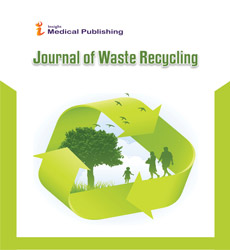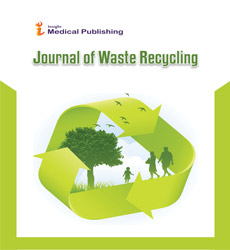Impact of safety culture implementation on driving performance among oil and gas tanker drivers
Abstract
Safety culture enhances the prevention actions and manages the most significant risks associated with the organization’s activities. Research on safety culture has received attention among scholars, particularly in the field of Occupational Health and Safety. The goal of this study is to create a safety culture model by examining the connection between safety culture and driving performance. In earlier researches, safety culture has been found to be a determining factor in safety issues. Following that, pilot research contextualized and structured these problems into a theoretical model. The data were gathered through questionnaires from Malaysian oil and gas truck drivers. PLS-SEM structural equation models were used to evaluate the final model statistically. The findings indicated that implementing a safety culture had a significant impact on driving performance, with a correlation of 67.3 percent. For those in the oil and gas transportation industry, these findings will serve as a standard for raising knowledge of safety culture, which in turn will help drivers work harder and be more productive. This study addresses a knowledge gap by showing that good safety culture practices and attitude lead directly to better driving performance and, therefore, to decreased accidents on the roads.

Open Access Journals
- Aquaculture & Veterinary Science
- Chemistry & Chemical Sciences
- Clinical Sciences
- Engineering
- General Science
- Genetics & Molecular Biology
- Health Care & Nursing
- Immunology & Microbiology
- Materials Science
- Mathematics & Physics
- Medical Sciences
- Neurology & Psychiatry
- Oncology & Cancer Science
- Pharmaceutical Sciences
